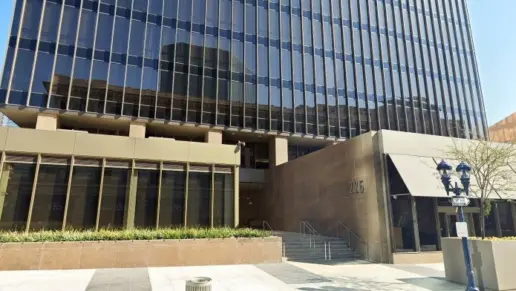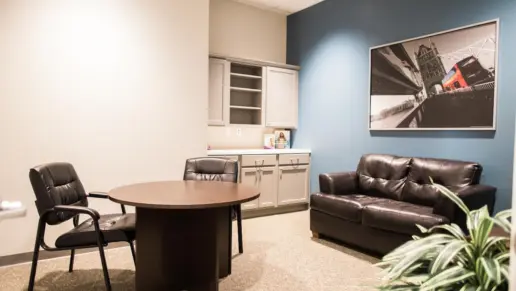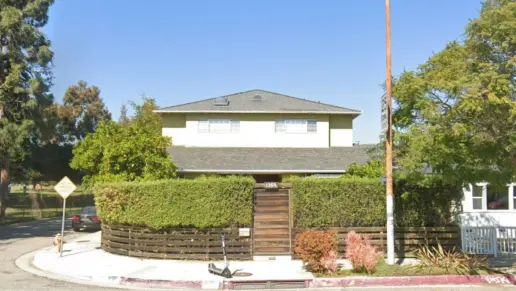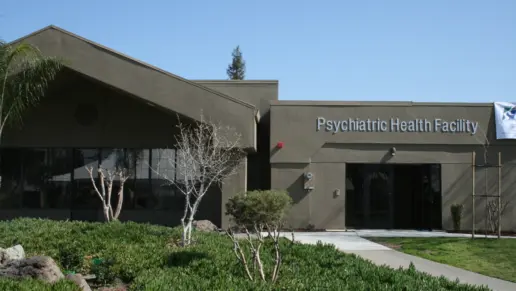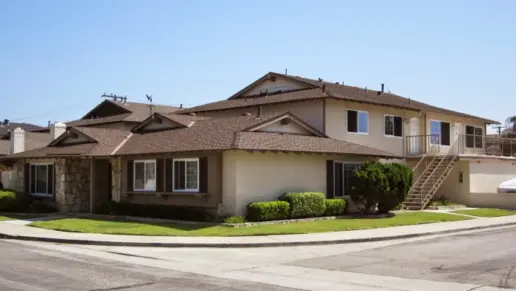Their detox program is THE BEST! Thank you all for always making sure I got the help I needed. YOU SAVED ME.
About BHS Redgate Memorial Recovery Center
At BHS – Redgate Memorial Recovery Center, detox clients receive a personalized evaluation and customized care program. Medical detox includes 24/7 supervision to control symptoms and ease withdrawal, education and counseling, and enrollment in self-help programs. Medical detox can last 10-12 days.
Inpatient clients participate in group and individual therapy, life skills development, and educational programs. Legal assistance, family therapy, and case management care are available to transition the client into independent sobriety. Social services for homeless clients may also be available. An aftercare program is also planned to complete the recovery process. Inpatient treatment lasts 3-6 months.
BHS – Redgate Memorial Recovery Center provides continual care and support for alumni. Prevention programs are available to prevent relapse and maintain sobriety. The center may also provide referrals for a range of intensive outpatient and general outpatient care at other BHS branches in its network.
BHS – Redgate Memorial Recovery Center is accredited by the Commission on Accreditation of Rehabilitation Facilities
BHS – Redgate Memorial Recovery Center offers self-pay and financing options. The center may be in-network with insurance providers such as Aetna, Beacon, BlueCross/BlueShield, Cigna, Humana, Kaiser Permanente, Magellan Health, TRICARE, and Wellpoint. Please check your insurance provider for specific coverage concerning out-of-network benefits.
Facility Overview
Latest Reviews
Rehab Score
Gallery
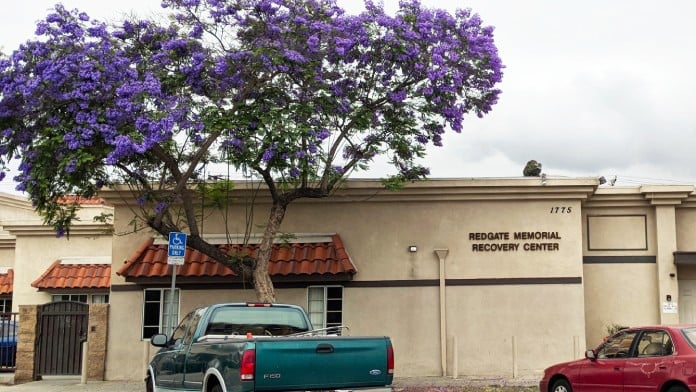
Accepted Insurance
Other Forms of Payment
Private insurance refers to any kind of healthcare coverage that isn't from the state or federal government. This includes individual and family plans offered by an employer or purchased from the Insurance Marketplace. Every plan will have different requirements and out of pocket costs so be sure to get the full details before you start treatment.
Self-pay involves paying for treatment out of your own pocket. You can use savings or credit, get a personal loan, or receive help from family and friends to fund your treatment. If you don't have insurance or your insurance plan doesn't cover a specific program, self-pay can help ensure you still get the care you need.
Financial aid can take many forms. Centers may have grants or scholarships available to clients who meet eligibility requirements. Programs that receive SAMHSA grants may have financial aid available for those who need treatment as well. Grants and scholarships can help you pai for treatment without having to repay.
Sliding scale payments are based on a client's income and family size. The goal is to make treatment affordable to everyone. By taking these factors into account, addiction recovery care providers help ensure that your treatment does not become a financial burden to you or your family, eliminating one barrier to care.
Medicaid is a state based program that helps lower-income individuals and families pay for healthcare. Medicaid covers addiction treatment so those enrolled can use their coverage to pay for rehab. When a program accepts Medicaid the client often pays very little or nothing out of their own pocket.
Addiction Treatments
Levels of Care
 Outpatient
Outpatient
 Inpatient
Inpatient
 Intensive Outpatient
Intensive Outpatient
 Aftercare Support
Aftercare Support
Treatments
BHS Redgate Memorial Recovery Center offers residential treatment for alcoholism, providing clients with education and therapeutic interventions to develop long-term recovery tools. The program emphasizes establishing a support network outside the facility to sustain sobriety after completing inpatient care.
The facility provides residential substance abuse treatment focused on intensive work on life issues related to drug addiction. Clients receive education and therapy to help resolve family, social, and legal challenges, with encouragement to build recovery support networks for lasting sobriety.
BHS offers residential treatment for clients with dual diagnosis, integrating mental health and substance use disorder therapies. The program emphasizes personalized education and therapeutic interventions to address complex issues and promote long-term recovery.
The center provides residential treatment for opioid addiction, focusing on education and therapeutic strategies to address family, social, and medical issues. Clients are supported in establishing recovery networks to maintain sobriety beyond inpatient care.
Residential substance abuse treatment at BHS enables clients to work intensively on underlying life issues that contribute to substance use. The program offers education and therapy to foster long-term recovery and encourages building external support systems.
Programs

Adult Program

Young Adult Program
Clinical Services
Group therapy is any therapeutic work that happens in a group (not one-on-one). There are a number of different group therapy modalities, including support groups, experiential therapy, psycho-education, and more. Group therapy involves treatment as well as processing interaction between group members.
In individual therapy, a patient meets one-on-one with a trained psychologist or counselor. Therapy is a pivotal part of effective substance abuse treatment, as it often covers root causes of addiction, including challenges faced by the patient in their social, family, and work/school life.
Trauma therapy addresses traumatic incidents from a client's past that are likely affecting their present-day experience. Trauma is often one of the primary triggers and potential causes of addiction, and can stem from child sexual abuse, domestic violence, having a parent with a mental illness, losing one or both parents at a young age, teenage or adult sexual assault, or any number of other factors. The purpose of trauma therapy is to allow a patient to process trauma and move through and past it, with the help of trained and compassionate mental health professionals.
Research clearly demonstrates that recovery is far more successful and sustainable when loved ones like family members participate in rehab and substance abuse treatment. Genetic factors may be at play when it comes to drug and alcohol addiction, as well as mental health issues. Family dynamics often play a critical role in addiction triggers, and if properly educated, family members can be a strong source of support when it comes to rehabilitation.
Amenities
-
Residential Setting
-
Private Setting
Staff & Accreditations
Staff
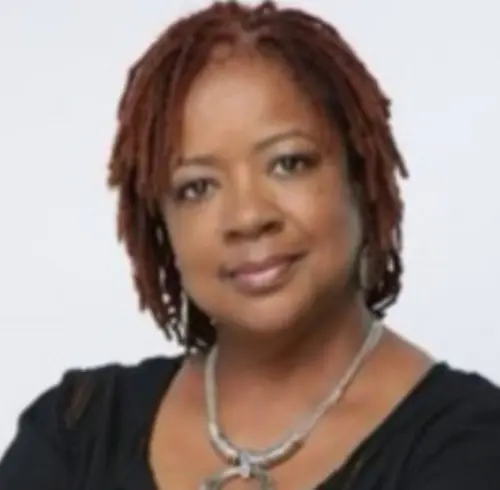
Denise Shook, LCSW
President & CEO
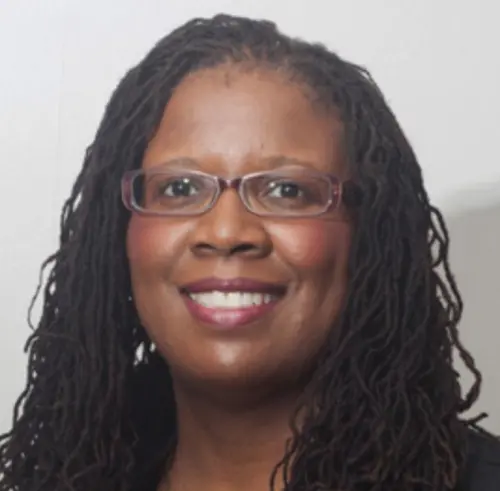
Andrea Jones, MBA
CFO
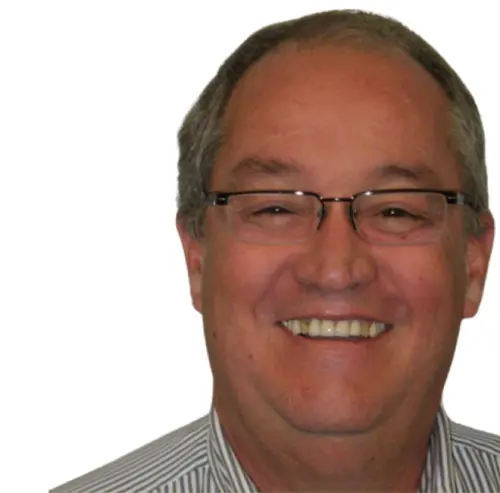
Todd Turley, BSBA
VP of Finance
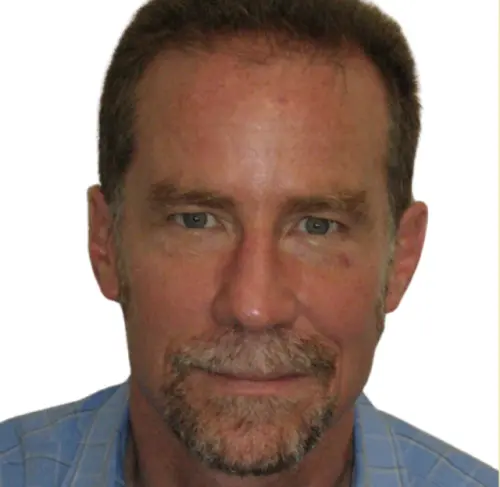
Michael Ballue, CADC II, BSBA
Chief Compliance Officer
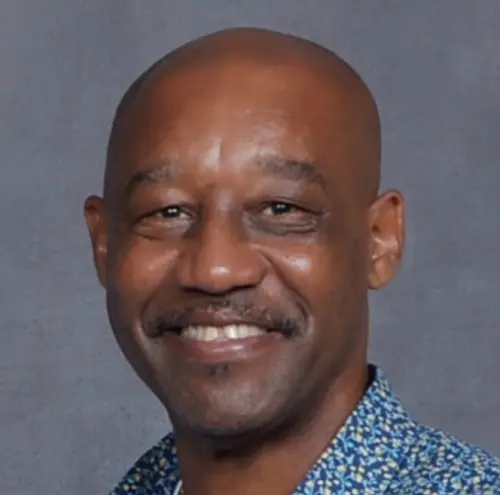
Eric Bowen, MBA
Director of Information Technology
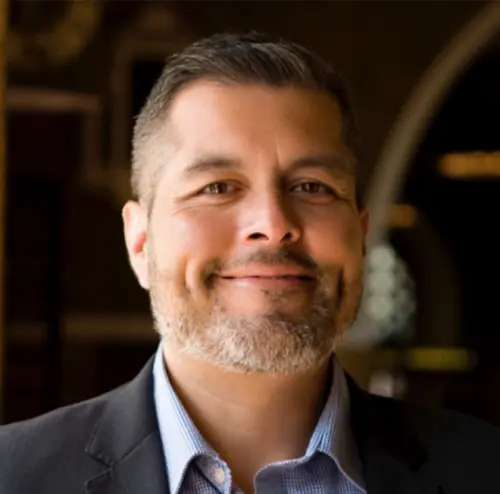
Miguel Gutierrez
Health Center Network Administrator
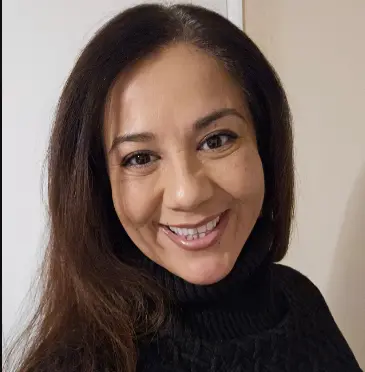
Celia Aragon
Divisional Director

Raunda Jones, JD, ASW
Divisional Director
Accreditations

The Commission on Accreditation of Rehabilitation Facilities (CARF) is a non-profit organization that specifically accredits rehab organizations. Founded in 1966, CARF's, mission is to help service providers like rehab facilities maintain high standards of care.
CARF Accreditation: Yes





